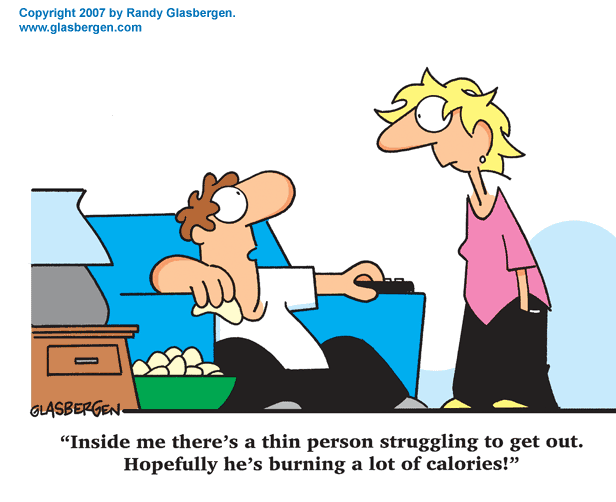The intake of fish and seafood increases with summer so it’s pretty crucial to ensure that what you are buying is fresh and safe! Just follow these tips for buying and storing fish and shellfish to keep your meal safe and delicious!
Shopping for Seafood
A faint sea odor is normal, but fresh seafood should not smell "fishy". Freshly cut fish, peeled crustaceans (shrimp, lobster and soft shell crabs) and mollusks (scallops, oysters, clams and mussels) should be moist, not slimy or dry around the edges.
Fresh fish should have clear, well-rounded eyes, not clouded, dry and sunken. The gills should be bright red, not darkened or slimy so ask that the gills be lifted up and check for sliminess and color! You can also place your finger on its skin for fish should feel moist and springy (skin should bounce back when you touch it) instead of having a mushy hole in it.
Fresh prawns, shrimp, lobster, soft shell crabs and rock shrimp should have a uniformly light-colored tail without any discoloration. Mollusks in the shell should be alive and hold tightly to their shells when handled. Moreover, when buying fresh oysters, look for a natural creamy color within a clear liquid.
Always buy fish last! You can pass by, choose your fish, ask them to be cleaned then pick them up at the end of your supermarket tour; I mean that’s what I do. This way you will go directly to the cashier and then head home and right back to the fridge. If you know you’re running errands after your supermarket trip, keep a small fridge with ice in your trunk, where it’s best to place fresh milk and meats till you get home. By doing this, you will ensure that the temperature of foods that need to be stored in a cold temperature won’t increase to a point of proliferation health hazardous bacteria .
It's best to buy fresh seafood the day you're going to eat it. Now if you want to buy frozen fish, make sure there is no sign of thawing and refreezing crystals in the bottom of packages. If there are any tiny refrozen crystals, simply don’t buy that specific package. If that isn't possible, properly store it in the fridge or freezer until it is prepared and cooked.
Storage
Fresh fish, shrimp, scallops and lobster tails can be stored in tightly sealed storage bags or plastic containers and kept on ice in the refrigerator. Using this method, fresh scallops and crustacean tails will keep 3-4 days and fresh fish will keep 5-7 days.
Scallops, crustacean tails and fish can be frozen in water and stored in a freezer for 4-6 months (0 degrees Fahrenheit or lower). To thaw, leave them in the refrigerator overnight or you can place them under cold, running tap water immediately before you cook them.
Live, hard-shell mollusks can remain alive for a week to 10 days stored un-iced in the fridge, kept at 34 to 38 degrees Fahrenheit.
Fresh soft-shell crabs can be stored up to two days if wrapped in plastic and packed in ice in the fridge. They can keep for up to six months when wrapped in several layers of plastic and stored in a freezer (at 0 degrees Fahrenheit). It is important to thaw these overnight in the refrigerator only.
So bon appetite, grill your fish and seafood and enjoy ample of healthy omega 3 fatty acids!
Sources: http://www.nlm.nih.gov/









